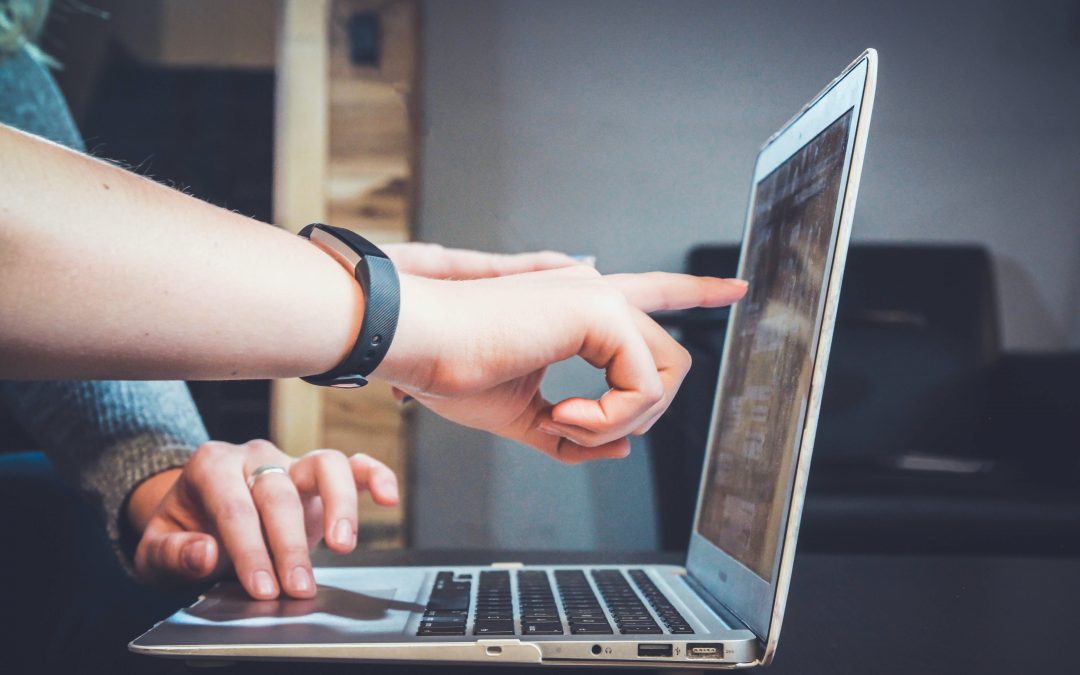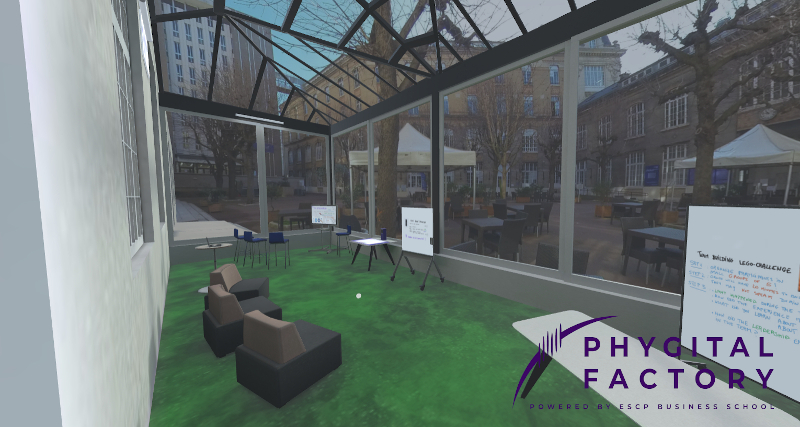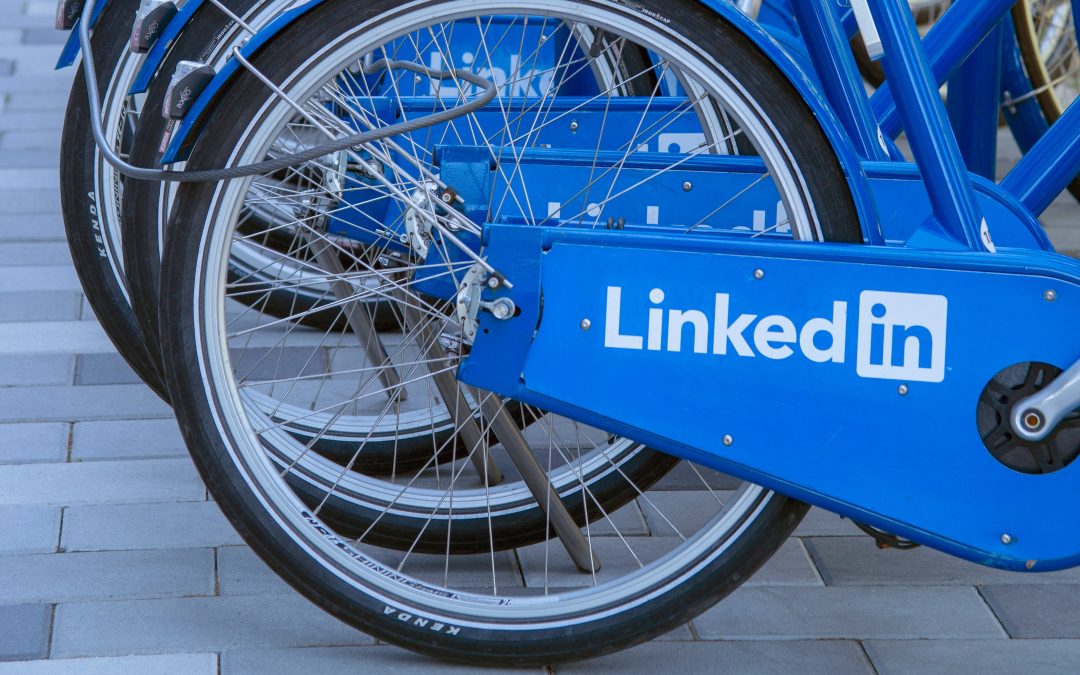The increasing competition among business education providers coupled with the growing importance of personalising learning paths have made the student experience a strong focus at business schools in the last few years. Many schools have appointed dedicated staff and faculty to find new ways of enhancing the learning experience as well as the student’s community experience. The COVID-19 pandemic has also brought to the fore considerations for student wellbeing and engagement, which have been disrupted by anxiety and isolation.
By Griet Houbrechts
Director, Professional Development
EFMD Global
LinkedIn
When listening to the student’s voice, it is clear that the pandemic has had an impact on their experience. The online courses are appreciated for their flexibility and the possibility of learning independently. Life at the school, however, has changed drastically, and the limited exchange with faculty and fellow students is being missed. Hybrid programmes provide the best of both worlds, i.e. the increased opportunities to exchange with faculty and more flexibility to influence students’ learning path.
Faculty and staff have quite a range of tools at their disposal, some of them existing for a long time, others newer, and yet others still to be explored. Cases have been used for a long time as a teaching tool, and they have proven their value. Students get the opportunity to connect their classroom experience with real-life business situations and integrate knowledge frameworks and concepts from different courses.
Social media have existed for quite a while, but using them well to support and develop student learning requires faculty to engage, invite comments, create trust and confidence within the student community. It should be part of the personal development of students to enhance their ability to communicate and develop a network, not only within the career services context but also in the broader context of their learning, of developing their professional profile and contributing to the school’s community.
The combination of campus and digital learning experience is transforming higher education. It allows a greater emphasis on autonomy and experiential learning. Combining virtual and physical space with an emphasis on collaboration gives potentially the best conditions for innovation in higher education and for enhancing the student experience.
From the articles and interviews in this edition of the Knowledge Bar, it becomes clear that both business school faculty and staff need to develop the right knowledge and skills to integrate all the old and new tools that support the students’ learning and community experience. Keeping an explorer’s mindset to test new tools at the service of the school’s student body and sharing that experience with peers is a great way to move our industry forward.





